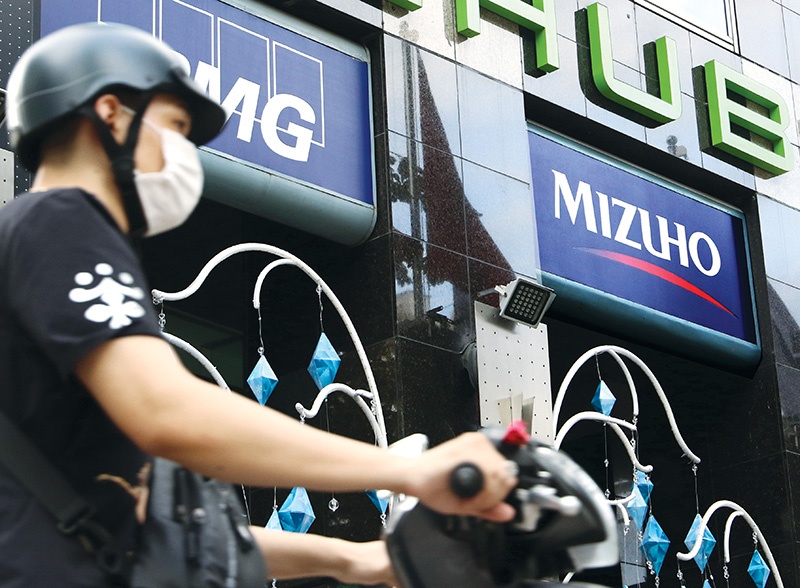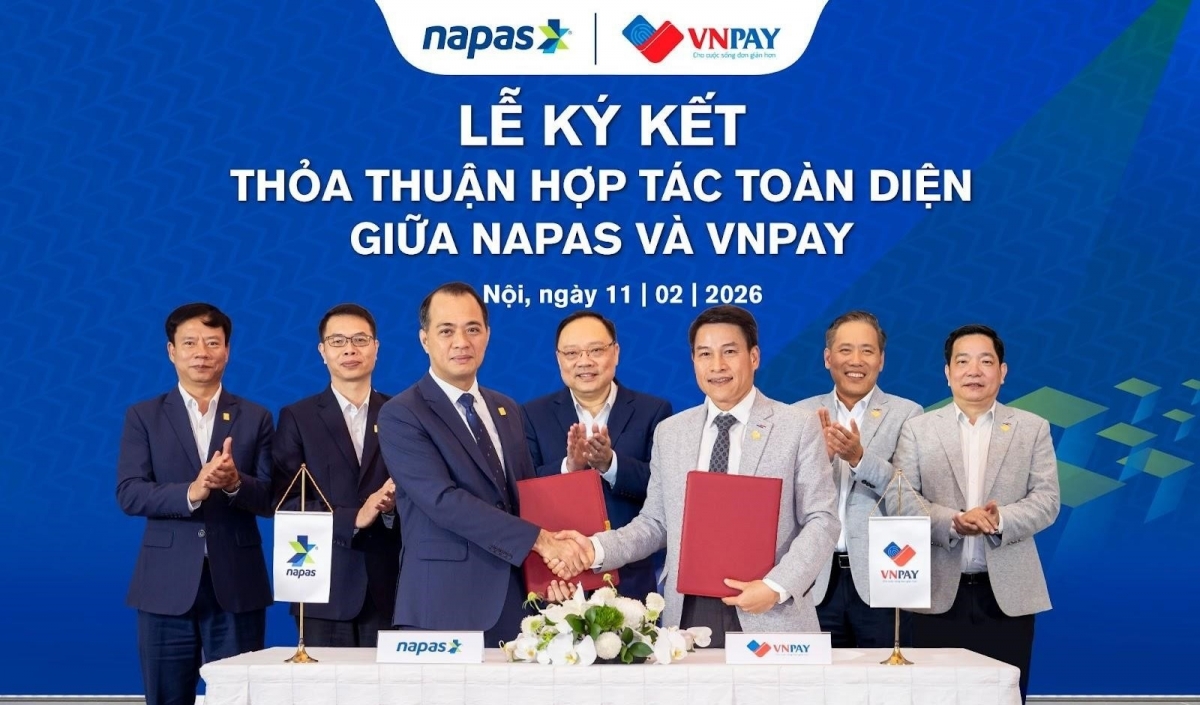INTERNATIONAL INVESTMENT
AND PORTAL
 Lenders and financial services from Japan have been readjusting their focus onto modern e-services, photo le Toan
Lenders and financial services from Japan have been readjusting their focus onto modern e-services, photo le Toan
Mizuho Bank, one of Japan’s three financial behemoths, pledged its commitment to M-Service, Vietnam’s major smartphone payment service and operator of the MoMo e-wallet, in late December.
The Japanese banking institution spent up to $170 million to acquire a 7.5 per cent stake in the Ho Chi Minh City-based firm, as it believed in the enormous potential of Vietnam’s cashless economy.
M-Service JSC has also become the country’s latest unicorn with a valuation of more than $2 billion in its Series E round after securing a fresh fund from a consortium of investors led by Mizuho.
Although Mizuho Bank has lagged behind peers like SMFG and MUFG in terms of worldwide investment, Nikkei Asia predicted that it aims to start aggressively tapping into Asian growth areas.
Mizuho is also the largest strategic foreign shareholder of Vietnam’s state-owned lender, Vietcombank, one of Vietnam’s most prestigious lenders followed by Singaporean sovereign fund GIC.
Vietcombank’s deputy general director, Nguyen Thanh Tung, last week revealed the bank’s strategy to lift its foreign ownership ratio to 25 per cent.
An M-Service representative said, “We have built by far the largest business base within Vietnam’s payment market by pioneering an expansive affiliated merchant network and a broad scope of usage, securing its position as Vietnam’s leading super-app. We are committed to further advancing financial inclusion and the retail finance industry in Vietnam by expanding our collaborations and by enhancing our ongoing cooperation with Vietcombank.”
Meanwhile, southern-based lender OCB last week proposed issuing additional shares to its strategic partner, Aozora Bank of Japan. Transfers of these shares shall be prohibited for a period of one year, and the first quarter of 2022 is anticipated for release.
Previously, in mid-2020, OCB finalised the sale of 15 per cent of its stakes to Aozora Bank, bringing the bank’s charter capital to a record high.
The bank’s foreign ownership limit (FOL) currently stands at 10 per cent. OCB is allegedly negotiating with potential international partners to sell the remainder, bringing the foreign ratio below the regulatory threshold of 30 per cent.
VPBank last week sent out a notification to its shareholders asking for their thoughts on whether or not the maximum FOL ratio should be raised, from 15 per cent to 17.5 per cent.
At a recent investor presentation, VPBank management estimated that this plan would be completed in Q1 2022. If successful, the bank’s equity might reach a new record high of around $5.22 billion.
Japan’s SMFG, which was behind the FE Credit deal in mid-2021, could be VPBank’s foreign suitor, given the bilateral close-knit relationship after the historical tie-up agreement.
Jun Ohta, CEO of SMFG, claimed that after spending more than $3.3 billion on merger and acquisition (M&A) activities in Asia in 2021, the banking giant would continue executing additional deals, cited Bloomberg.
“We will consider if there are good targets. Our ultimate goal is to create a second and third SMBC Group,” he stated.
But SMFG’s engagement does not always yield fruitful results. In 2007, it invested almost $225 million to purchase a 15 per cent stake in Vietnam’s Eximbank. However, the share price plunged for years due to the bank’s wide range of financial conflicts. Not only that, Eximbank stockholders have not received dividends since 2013.
The last piece of Japanese megabanks, MUFG, is behind another prominent consumer finance M&A deal between Krungsri Bank and SHB Finance.
MUFG currently holds nearly 77 per cent of Krungsri’s stake, making it the fifth-largest bank in Thailand in terms of loans and deposits. Around 20 per cent ownership of VietinBank, another state-owned lender in Vietnam, is controlled by MUFG as well.
With its strong financial backbone, MUFG is predicted to promote its presence in Vietnam’s consumer finance landscape through SHB Finance. Krungsri allegedly expressed its keen interest in FE Credit prior to the SHB Finance acquisition.



















